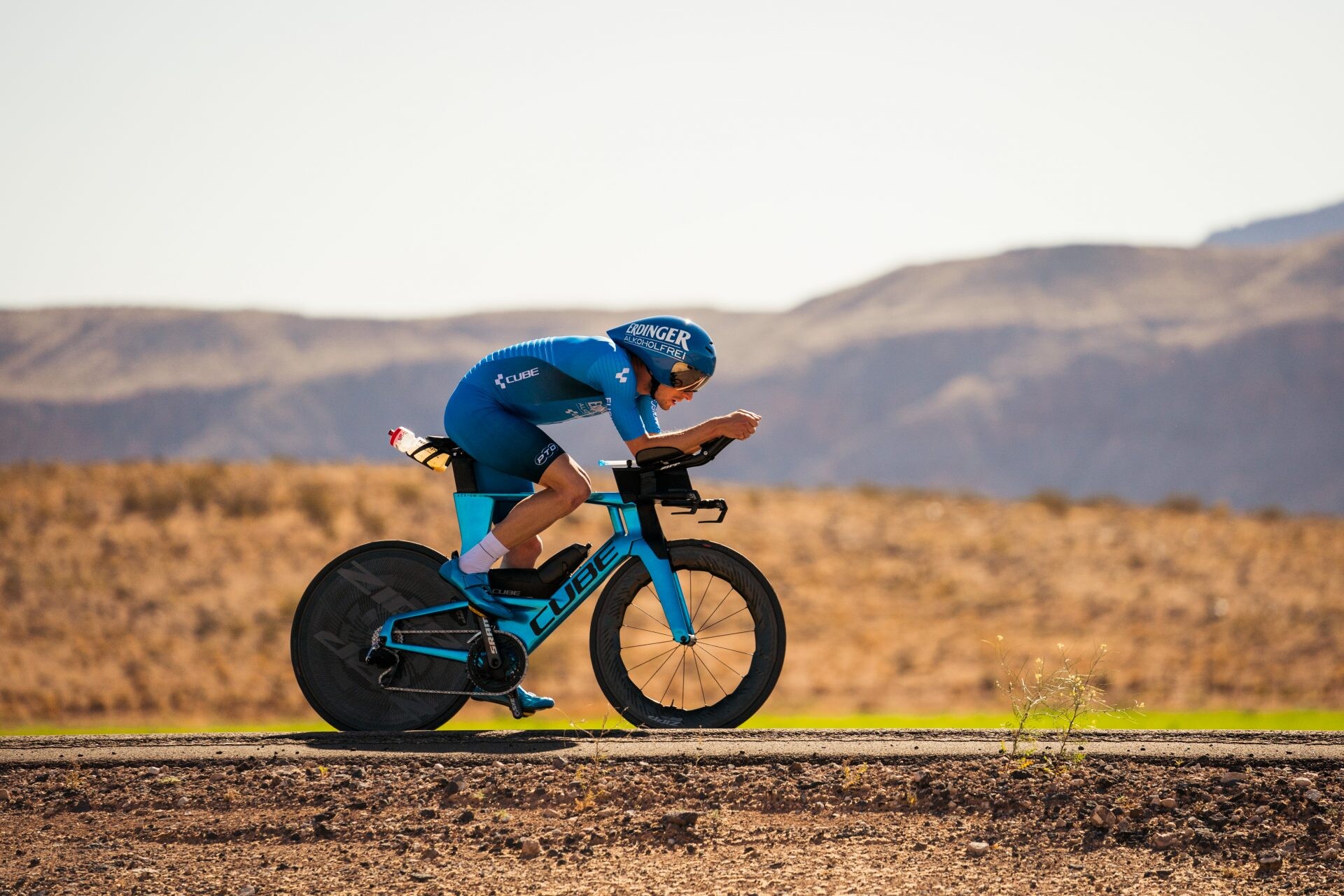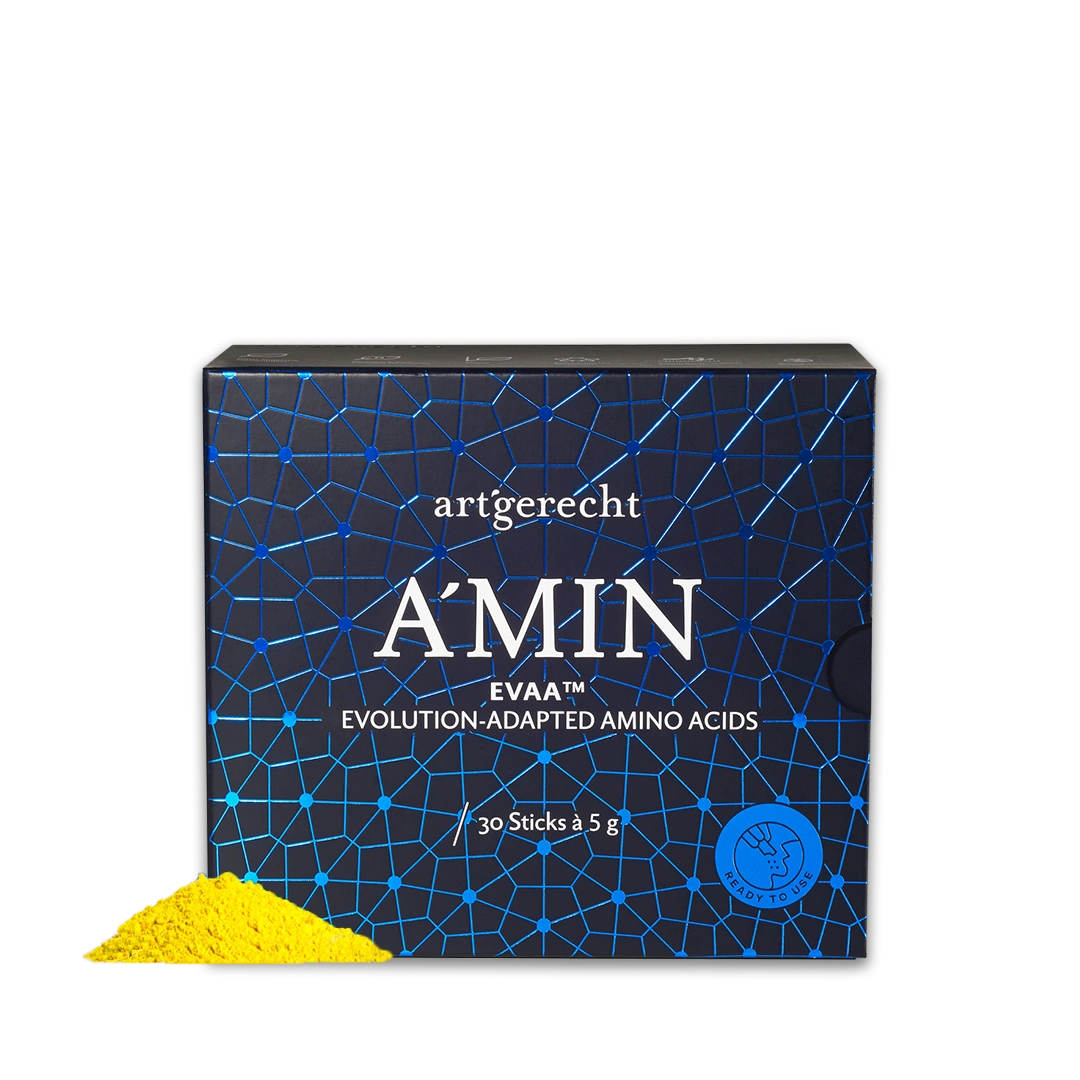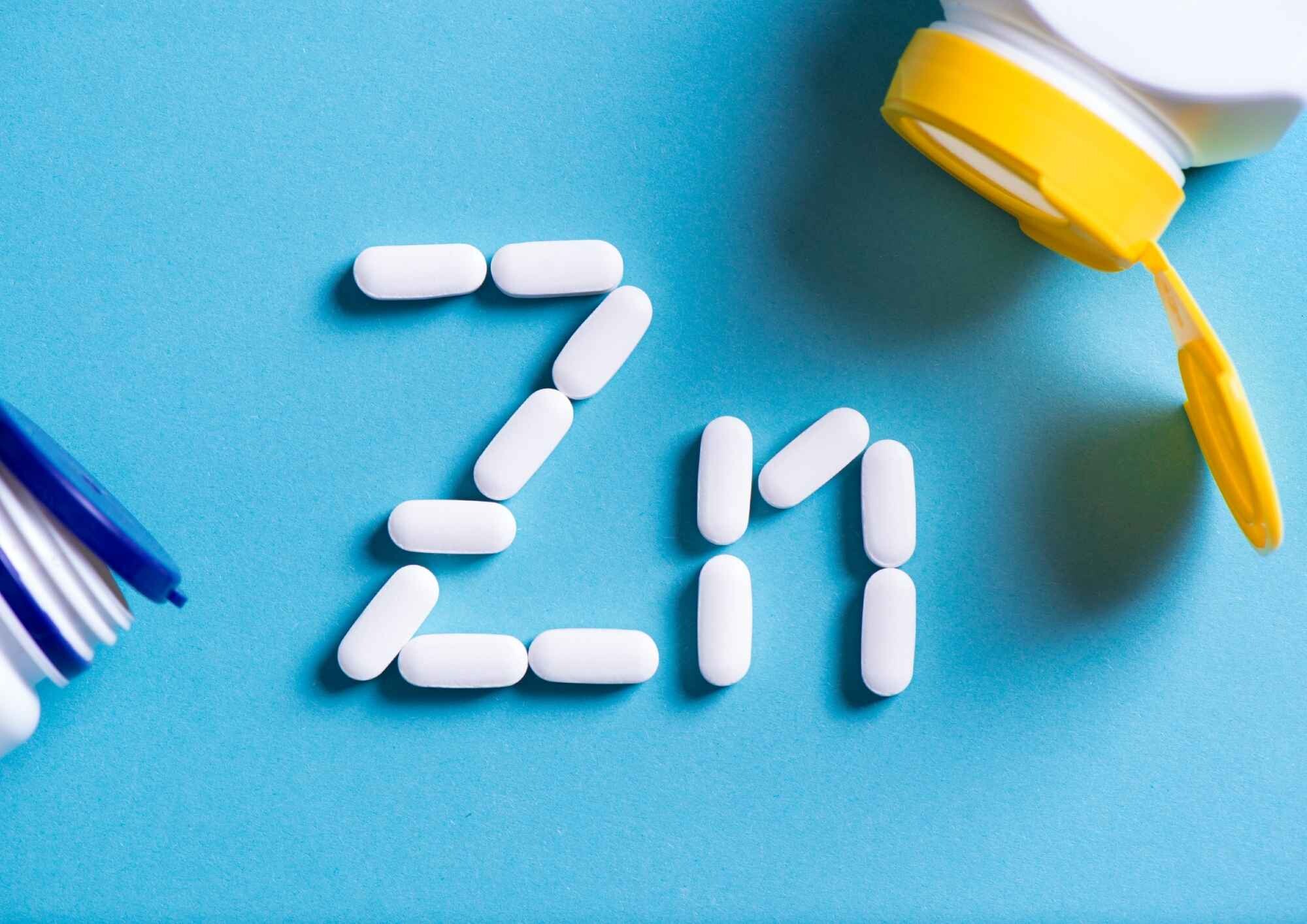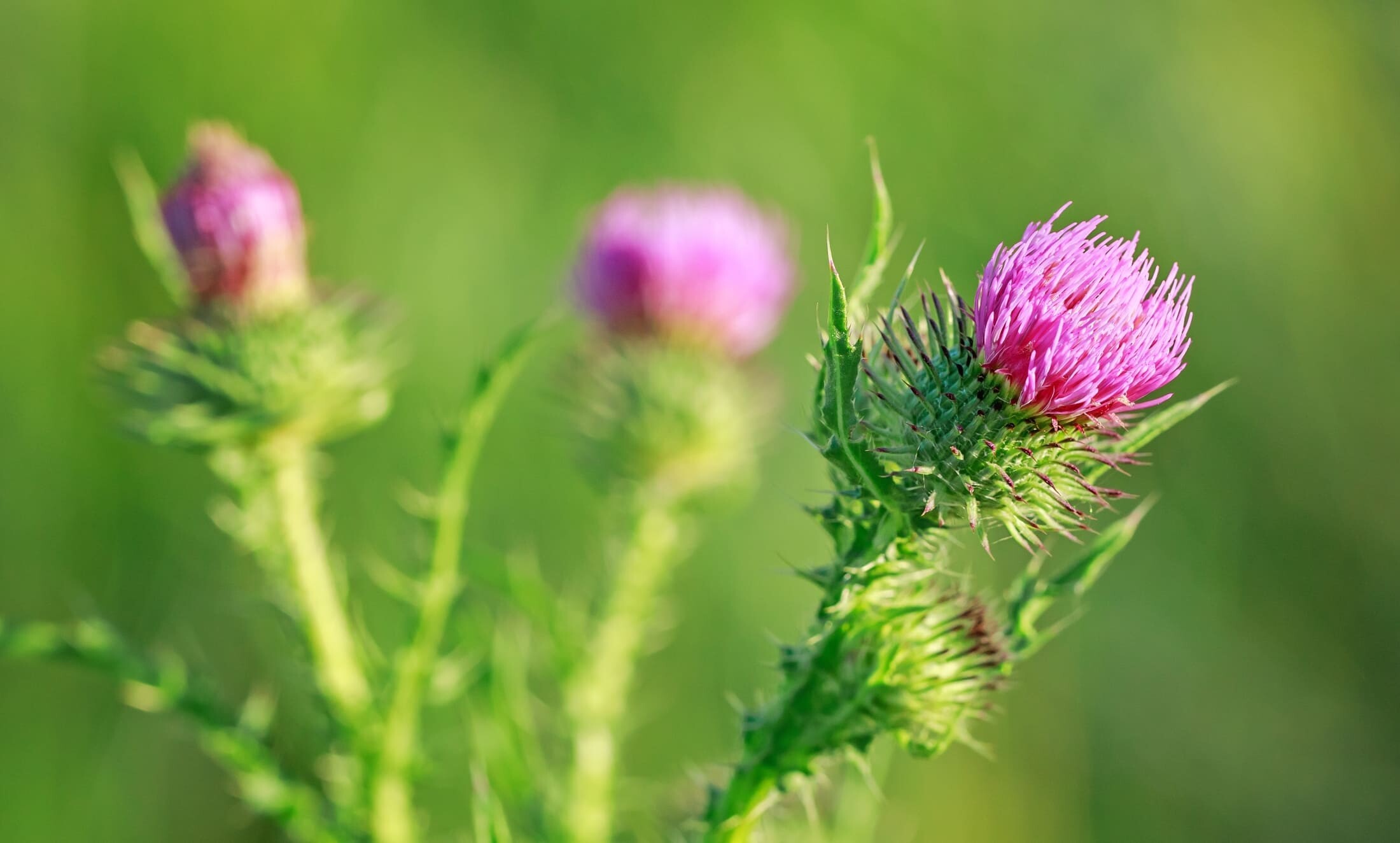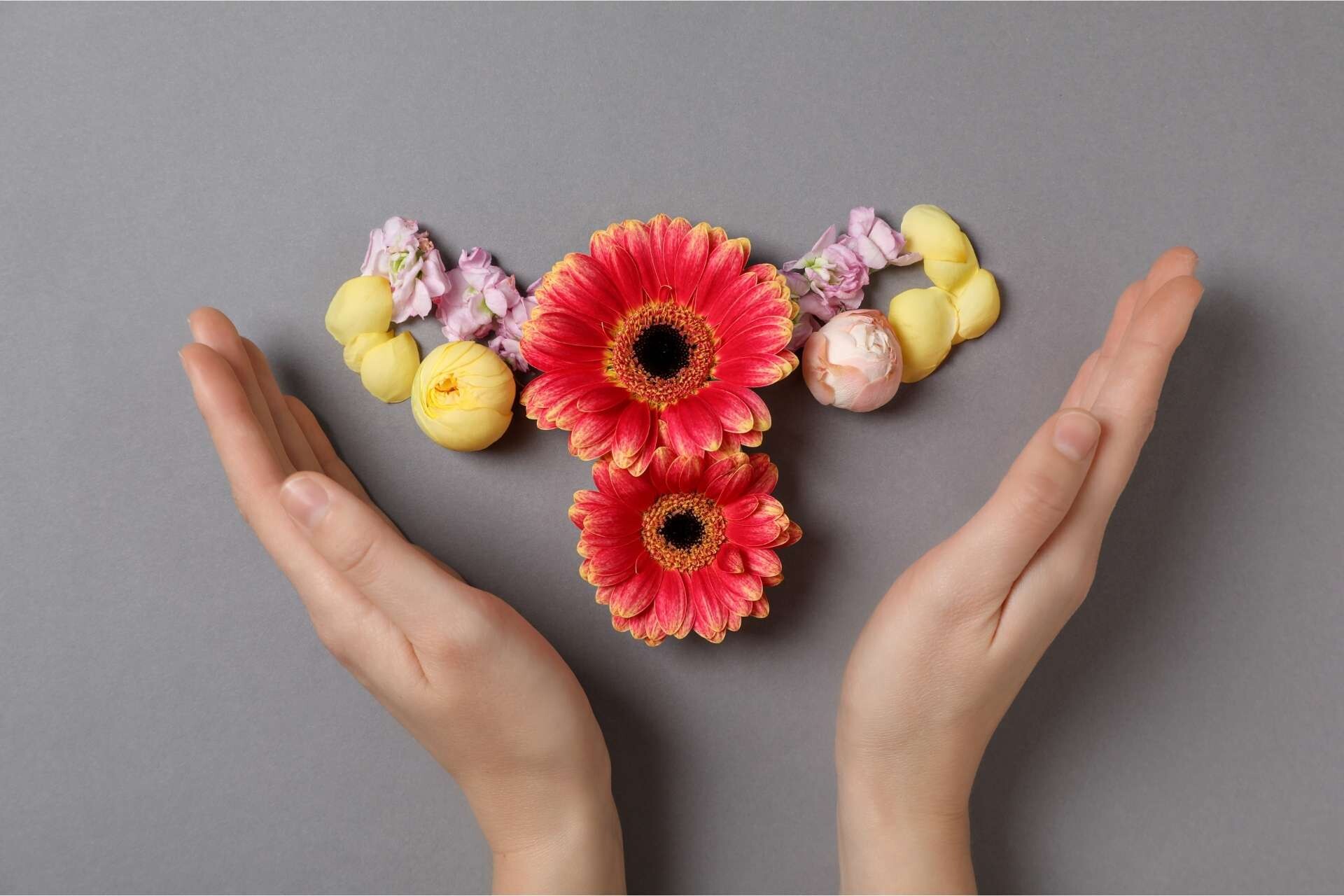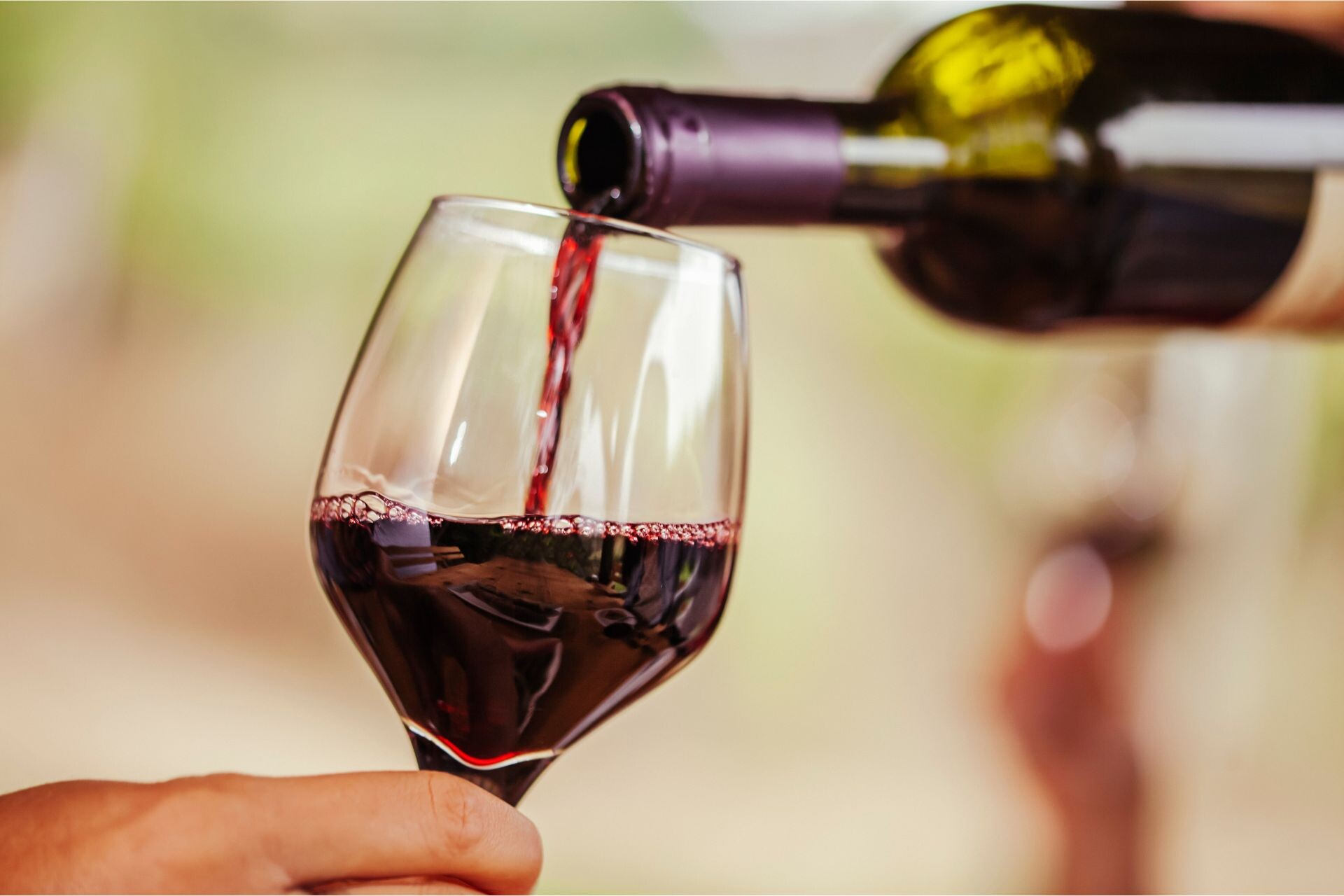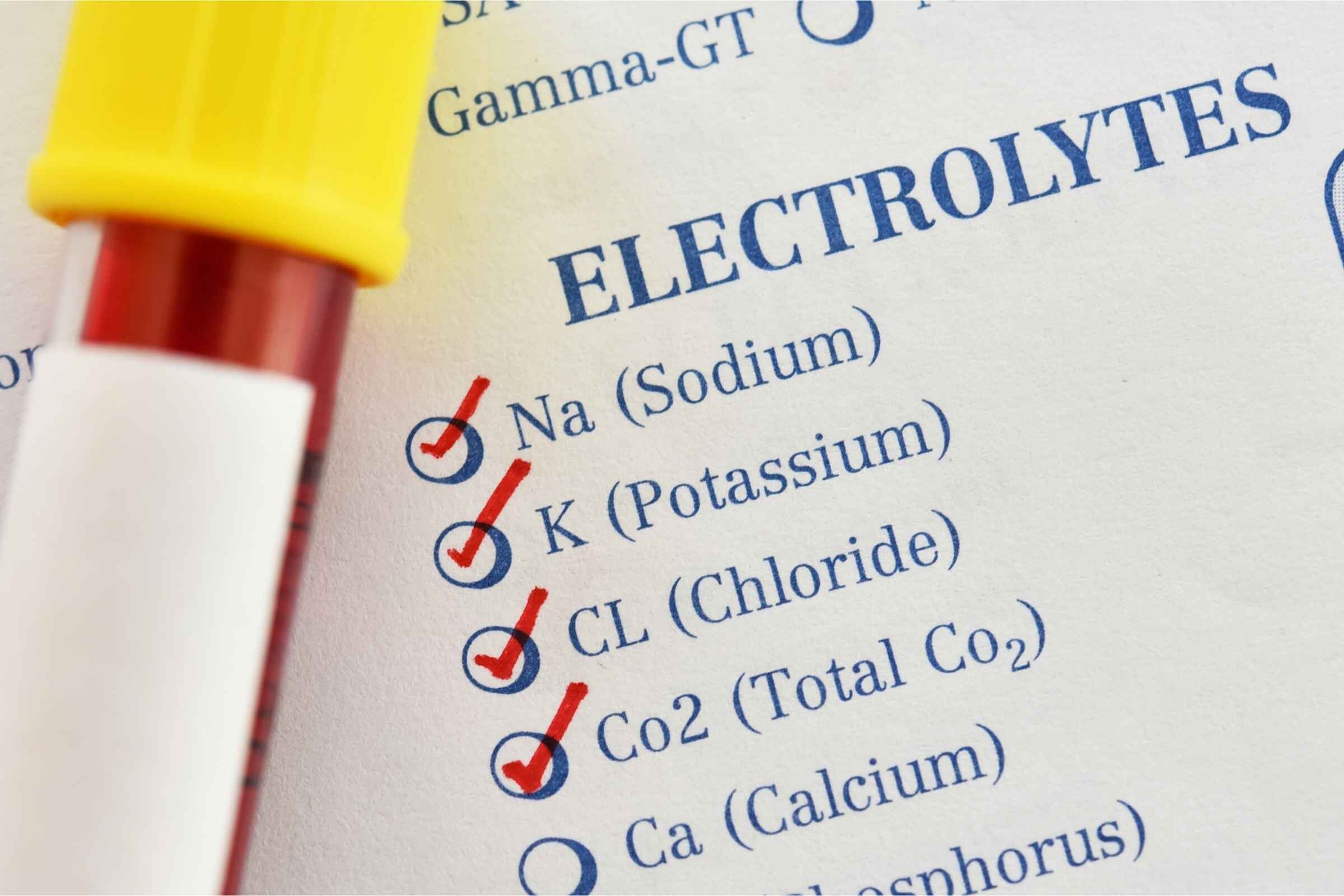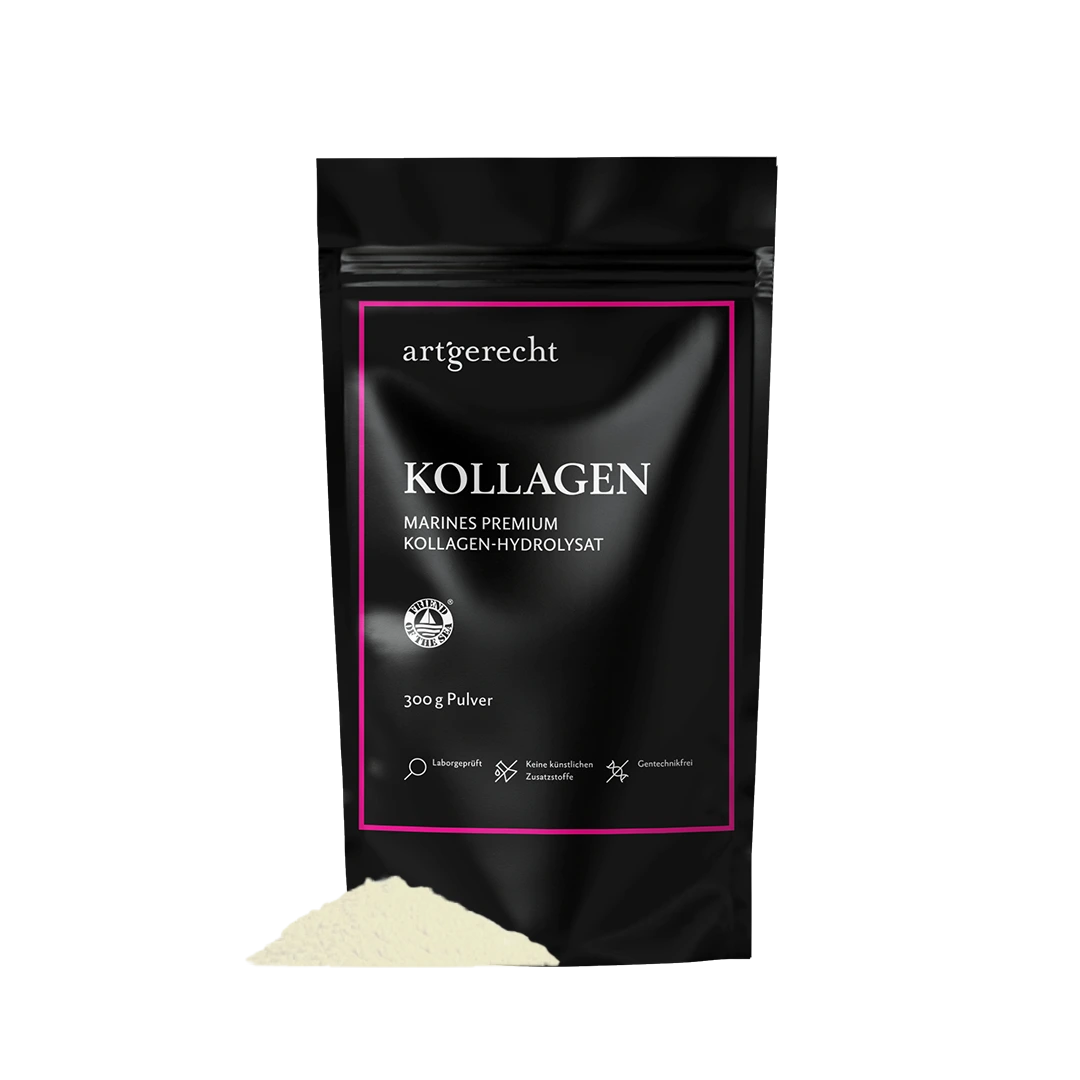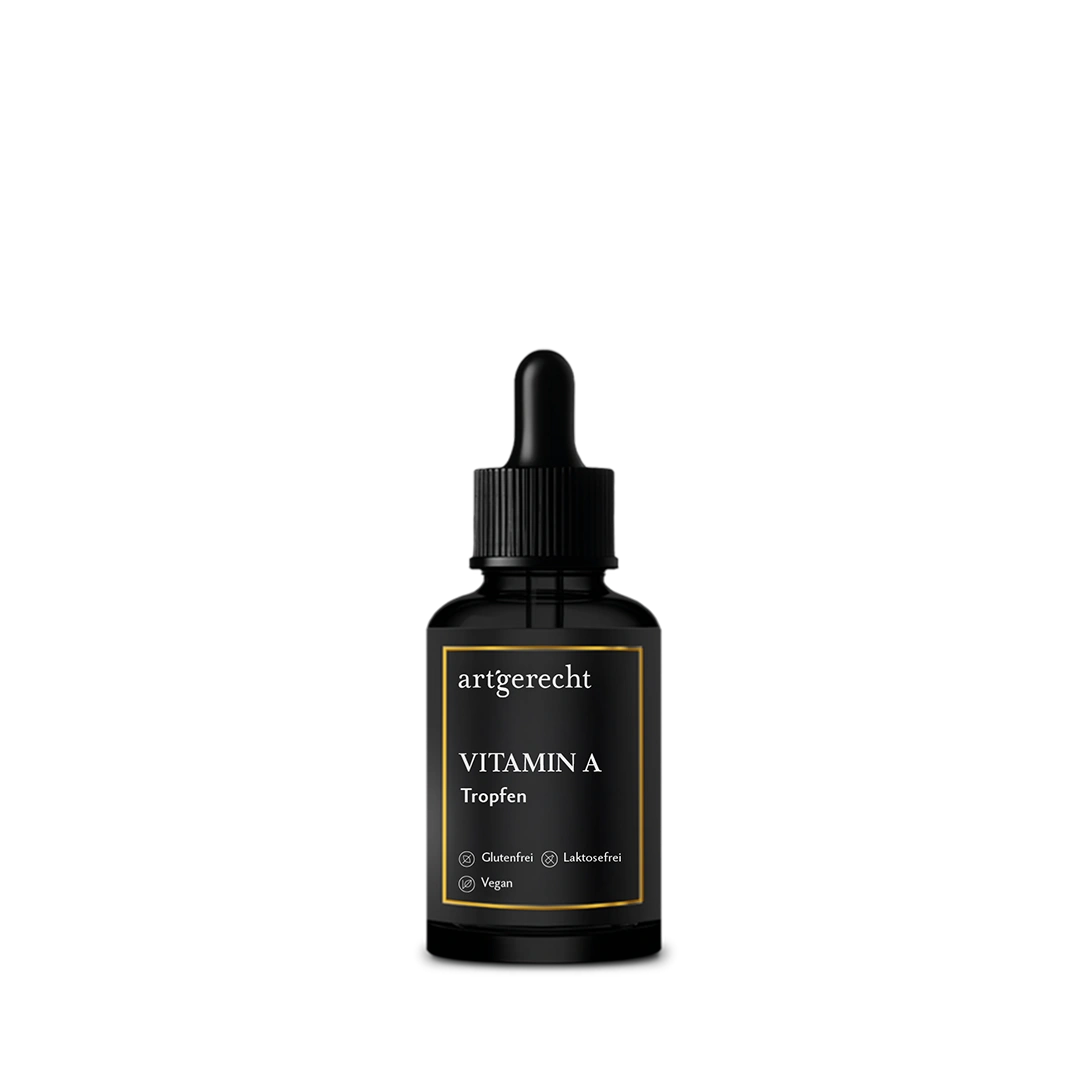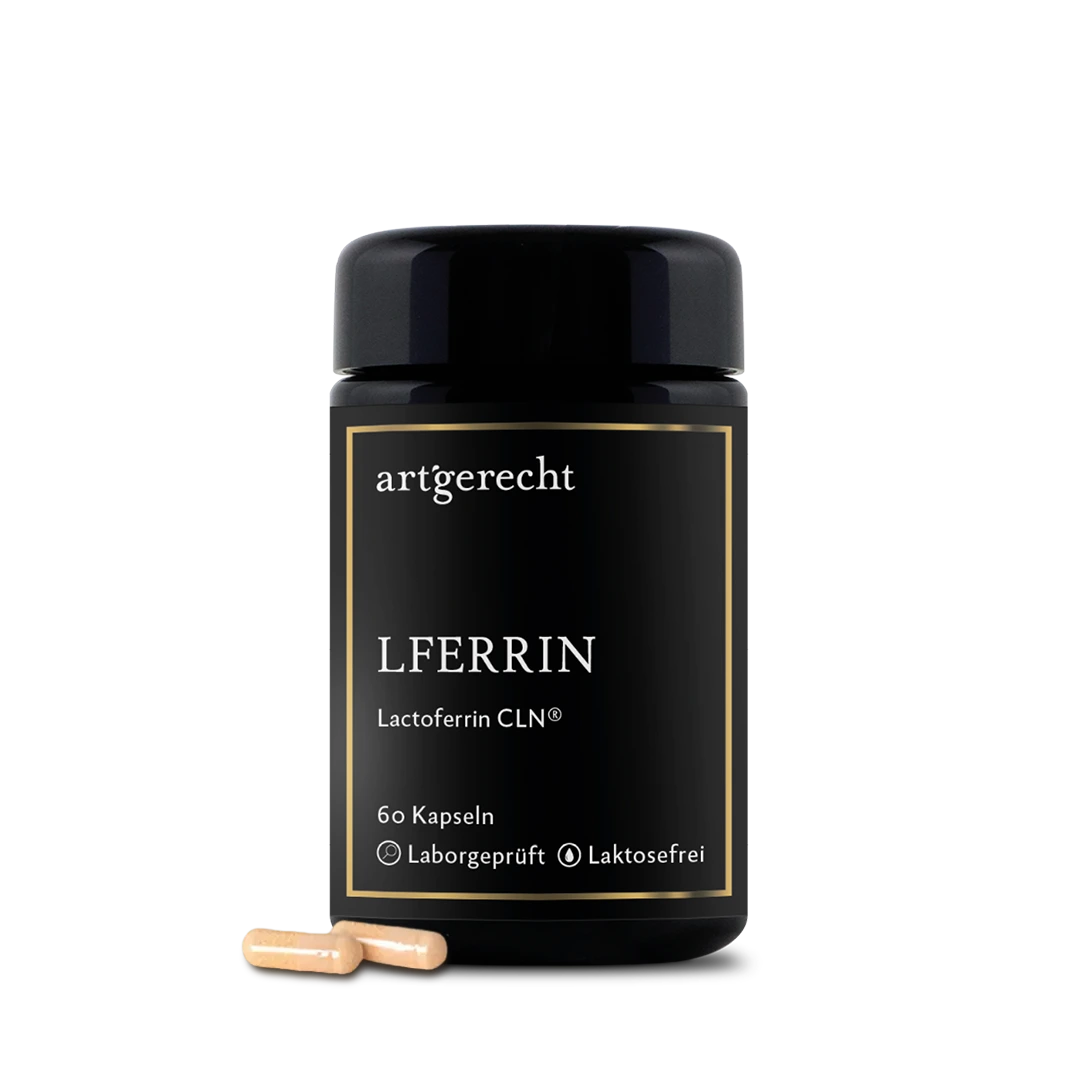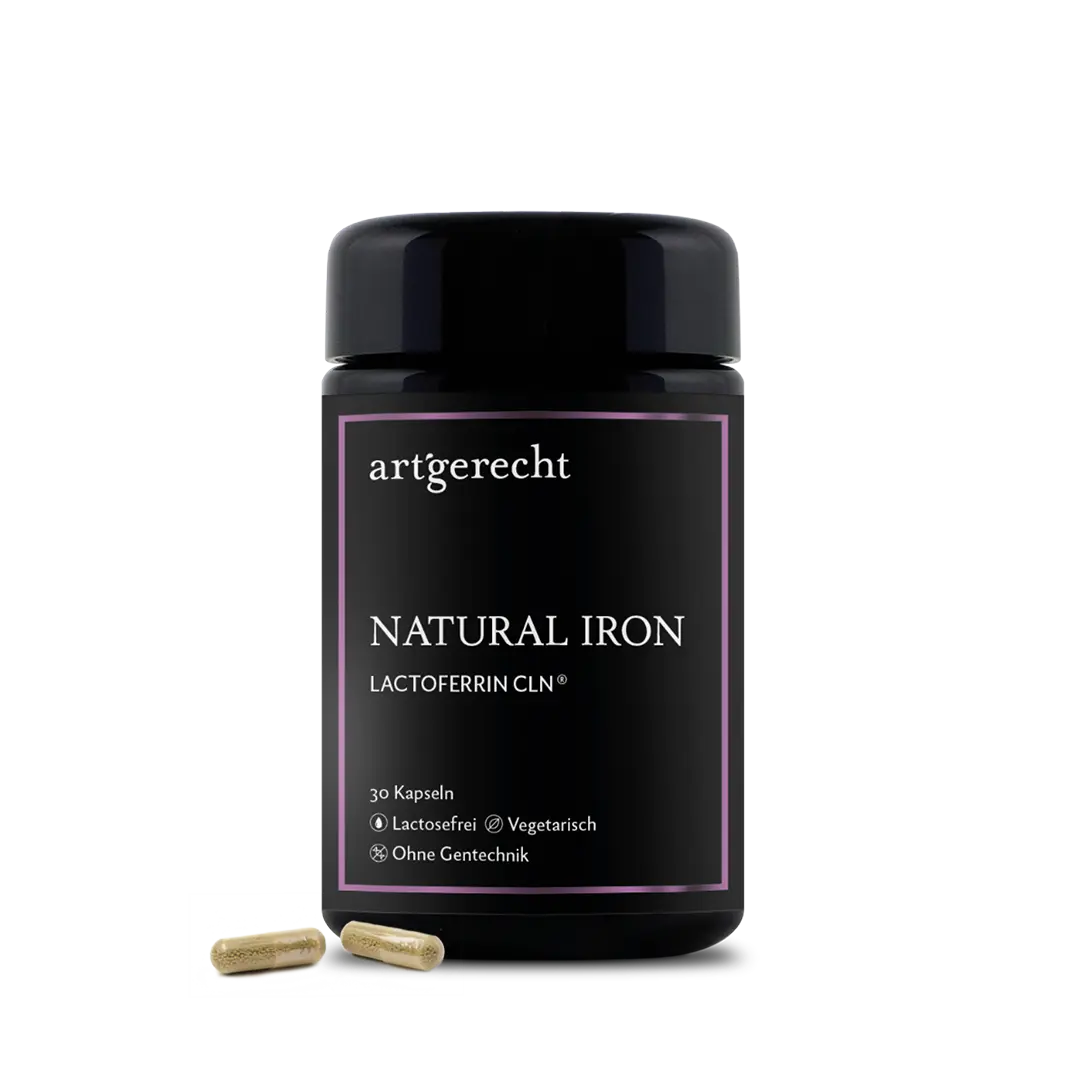Florian Angert is a German triathlete, ranked among the best German triathletes over the Ironman distance. He has already won several titles and is currently competing at the World Championships in Hawaii. We had the chance to interview him shortly before his competition.
artgerecht:
Florian, we are delighted to be accompanying you as a partner on your journey and this time it is taking you to the World Championships in Hawaii. You are in the middle of your preparations for the World Championships. How does your daily training routine now differ from your break times? Do you have a specific daily routine?
Florian:
Not much changes in my daily routine, I'm always training. A classic day has 3 sessions, e.g. 1 hour of running before breakfast, breakfast, 2-3 hours of cycling with intervals, a break and something to eat and then 1:15-1:30 hours of relaxed swimming in the evening. Then dinner, physio if necessary, otherwise put your legs up.
In the right way:
There's no doubt that you'll raise yourself to a certain physical level in preparation. But what about the mind? What do you need to successfully master the pressure and the tasks ahead?
Florian:
I'm at my best when I can just do my thing and have a certain routine in my day-to-day life without too much stress. Of course, the environment helps a lot, but the most important thing in the last 3-4 weeks before the race is to concentrate almost 100% on training and recovery. I put myself under the most pressure, but I can deal with it best when I am at peace with myself“ then there is no stress and additional pressure in the first place.
Type of race:
The upcoming competition is as tough as any Ironman, but this time there are also tropical temperatures. How do you prepare your cardiovascular system for the exertion and difficult conditions?
Florian:
For Hawaii, I do special sessions in warm conditions. In this case, we were lucky that it was damn warm in the summer in Germany, so that was perfect. Otherwise I would have had to train more indoors, on the treadmill or the roller trainer. Then a lot without a fan, simply so that the body gets up to temperature and can adjust to the heat and sweating.
In the right way:
To what extent do you keep track of your nutrient balance?
Florian:
I always make sure that I take sufficient and good care of my units during exercise, as otherwise I would never be able to perform sufficiently over longer periods or training phases. Of course, a lot of experience from the last few years plays into this, but I work with people who know the field and, for example, tailor my training and competition nutrition to me. This is extremely important because it ensures the quality of each individual session and, of course, speeds up recovery so that I'm fit again the next day. This is the only way I can train consistently and, above all, injury-free over longer periods of time!
Relaxed:
After hard training sessions, recovery is everything. Are you giving your body enough rest and what exactly are you doing for this?
Florian:
The right balance of stress and relief is the be-all and end-all and is absolutely essential. Anyone can train a lot and very hard for 4 weeks – but will probably be ill or injured. For me, it's more about consistency in training, i.e. quality rather than quantity. I eat a healthy diet overall, especially during the intensive training phases, lots of vegetables and fruit, I don't go without meat or fish, but I eat it 1-2 times a week (and only from the local butcher, so I know what I'm getting). To support regeneration, I drink recovery shakes and AMIN from artgerecht – especially after very intensive units, but only as a supplement to normal food, never as a substitute! With 3 (rarely 4) sessions a day, the break between the sessions is sometimes short, so there is no real time for a full meal, so I combine a shake + a small meal.
Type-appropriate:
You emphasize the importance of good nutrition when preparing for a competition and during training in general. Good nutrition primarily through food and supplementation with supplements! We like this because our approach is to contribute to an understanding of a healthy lifestyle and to offer supplementary, needs-based solutions and support. In your opinion, what should you always keep an eye on in triathlon and regularly check if necessary?
Florian:
I have my blood values checked twice a year, once all round, everything via a small or large blood count, iron, vitamin D, calcium, copper, zinc, omega 3 etc. If I'm planning a dog training camp, I'll have my iron levels checked again just to be on the safe side. However, I think this can be applied generally and not just to triathlon. I believe that in general, no matter what type of sport you do intensively, your blood values should be checked regularly because we simply have a higher need for iron, vitamin D etc. and it can help us to stay healthy. In my experience, the classic recommendations that you can read are not always enough. As a „normalo“, it might be enough to check your values once a year, but I still think it's important.
In the right way:
We are curious. Of course, we're interested to know which supplements from artgerecht you like to take and why? And which ones can you take on your trip?
Florian:
I always take IRON, PAKIA and OSOLE with me on my travels! Often also MULTI. AMIN as sticks too, of course. At home I use COCO and PHENOLIO for cooking, and I use the products I use when traveling at home too. The oils for cooking because the quality and taste are outstanding, IRON and vitamin D are essential for me in everyday life to stay healthy. AMIN is especially good in summer after longer sessions to replenish and regenerate immediately.
In style:
You cross the finish line in Kona. Now it's off to the beach to sip a few cocktails or does the motto „after the race is before the race“ apply to you?
Florian:
After the race is always before the race. But after big races, like Hawaii in this case, everything „doesn't matter“. Personally, I also have to switch off afterwards, just come down and also live in the sense of supposedly unhealthy food, which I consciously don't eat in the weeks before the race. But I already know that the food on the evening after the race and the day after will be very salty and greasy - for example burgers with chips and beer. To be honest, I've earned it - and after 8 hours of liquid food in the form of sugar, the desire for salty food is huge.
In the right way:
Last but not least: What advice would you give to a budding triathlete?
Florian:
Have fun! Look for friends, training colleagues, don't get too fixated on a training plan but do it first and foremost for the joy of the sport! I started triathlon in the same way and now I know too many people who are too focused or stubbornly work through their plan and that often gives me the impression that it's fun – which I can't understand if you do triathlon as a hobby alongside your actual job! And yet, even though triathlon is now my job, I still enjoy it myself 😉
artgerecht:
Thank you very much for the great interview! We are keeping our fingers crossed for you and are rooting for you!
+++

